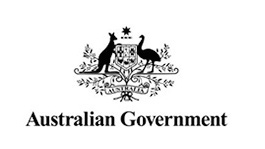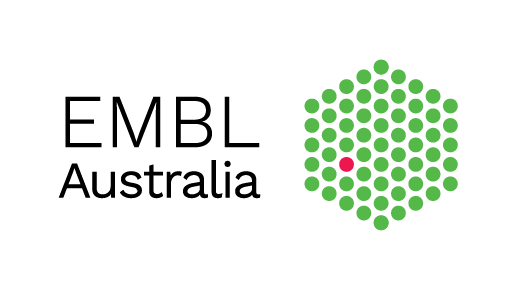Funding to forge a cross-pacific alliance against emerging HIV-1 variants

UNSW researcher Dr Vaibhav Shah has been awarded a fellowship from the Australia- India Strategic Research Fund to study an emerging form of the human immunodeficiency virus, HIV-1 subtype C.
To date, research into HIV-1 has mainly focussed on subtype B of HIV-1 – the subtype that causes the most HIV-1 infections in Australia, Europe and the Americas, but constitutes only 12% of infections the HIV-1 infections globally.
In contrast, infections with subtype C dominate in other parts of the world – including India and parts of Africa –and are among the most rapidly increasing of the HIV-1 infections caused by non-subtype B HIV-1 in Australia.
To investigate HIV-1 subtype C, Vaibhav from the Böcking group, will travel to India to set up collaboration with a world leader in this topic, Professor Uday Ranga at the Jawaharlal Nehru Centre for Advanced Scientific Research in Bengaluru.
This collaboration will combine advanced single molecule imaging techniques established at UNSW’s Single Molecule Science department with the expertise in virology of HIV-1 subtype C in Professor Ranga’s research group to accelerate research into the molecular mechanisms of this growing health threat.
Vaibhav is one of 11 early- to mid-career researchers receiving this travel award from the Australian Academy of Science in 2019, which aims to strengthen research collaborations between Australia and India.
See the full list of recipients of this 2019 AISRF Fellowship here.


